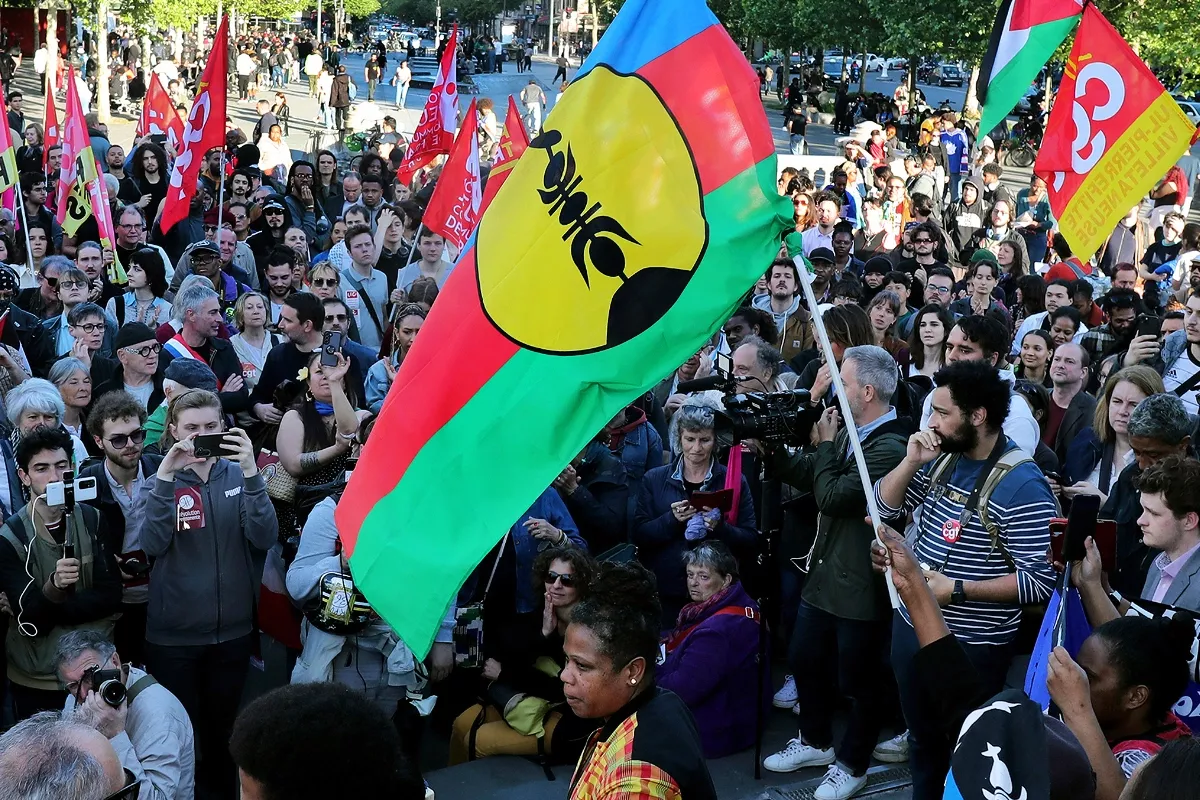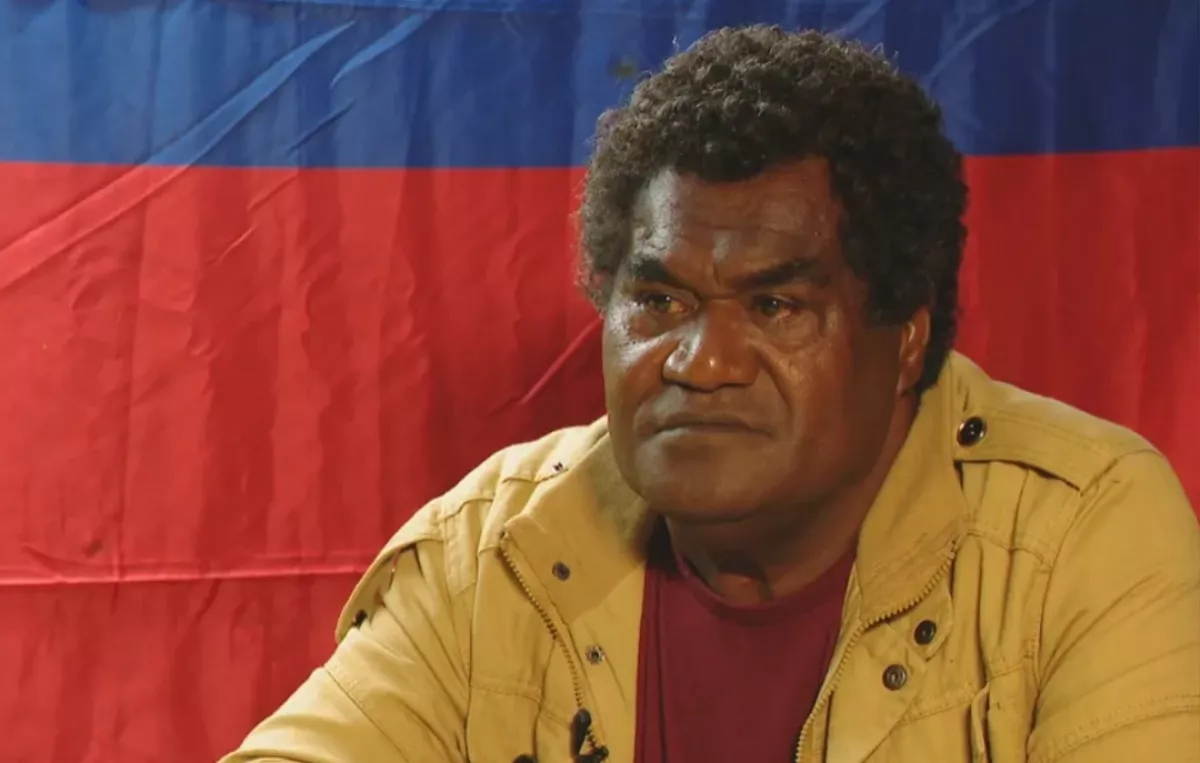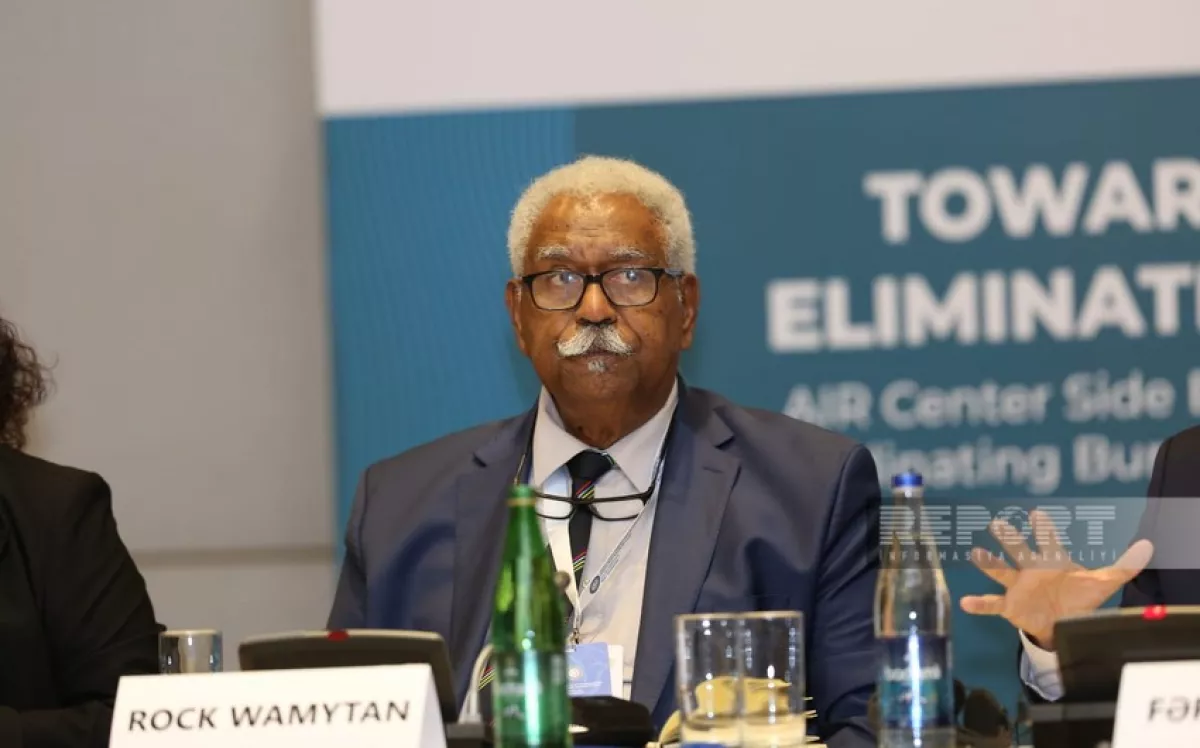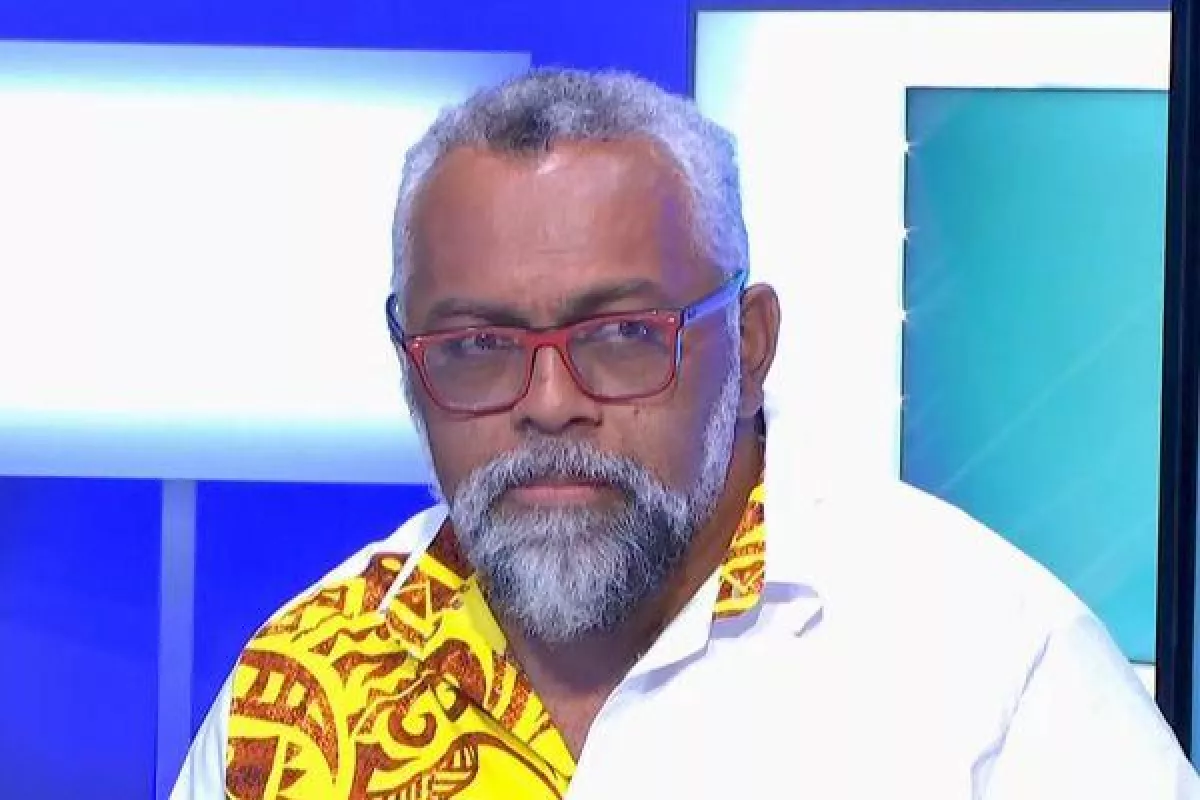New Caledonia vs old France The Kanaks’ struggle for a new status
A historic event has been taking place in France since last week — a high-level summit between supporters of New Caledonia's independence and loyalists favouring unity with France. The goal of the summit is to determine the future status of this Pacific archipelago.
What makes this event historic is the level at which it is being held — for the first time, the opening ceremony of the summit took place not just anywhere, but in the Élysée Palace, with the participation of French President Emmanuel Macron, the Prime Minister, the Minister for Overseas Territories, and the Presidents of both the National Assembly and the Senate.
Previously, such negotiations were held at a lower, ministerial level. The elevation of the talks reflects the gravity of the situation — the standoff between pro-independence forces and the colonial authorities has reached such intensity that Paris now recognises: without active dialogue, it will be difficult to keep New Caledonia within its orbit.

Protests by the local population against Paris have erupted with varying intensity over the past two years, reaching their peak in May of last year. The main cause of the unrest is the central government's intention to grant voting rights to French citizens who have lived in New Caledonia for ten years. According to the Indigenous population, this move would dilute their political influence and ultimately lead to the total subjugation of the islands.
For its part, Paris is clinging to the archipelago not merely for reasons of prestige. The islands are rich in a strategic industrial resource — nickel — which, as officials in the French capital believe, is being eyed greedily by Beijing. Moreover, New Caledonia occupies a strategically vital geographical position.
“In addition to its natural resources, New Caledonia gives France access to the most strategically important seas on the planet; it is a tremendous asset for our military projection,” notes Bastien Vandendyck, professor of Pacific geopolitics at the Catholic Institute of Lille.
According to an official statement from the Élysée Palace, the primary aim of the summit is to establish a sustainable and balanced dialogue that reflects the political, social, and cultural realities of New Caledonia. The statement emphasises that the summit seeks to create “an atmosphere of mutual understanding and cooperation” through the involvement of various civil society groups from across the archipelago.

However, the significance of the negotiations was marred by discriminatory measures taken against one of the key figures in New Caledonia’s independence movement — casting a shadow of insincerity and formalism over the summit. Christian Tein, President of the FLNKS (Kanak and Socialist National Liberation Front) and head of the Grassroots Action Coordination Group, was denied access to the summit under the pretext that his name was not on the official list of participants.
On May 10, 2024, Christian Tein was arrested by French law enforcement on fabricated charges and, on June 5 of the same year, deported from New Caledonia to France, where he was held in prison.
From that moment, he became a political prisoner and a symbol of the struggle for the islands’ independence. On June 12, 2025, Tein was released under the condition that he would not return to New Caledonia or contact other individuals involved in the investigation.
The refusal to allow Christian Tein to attend the summit, and the deliberate obstacles created to block his participation, should be viewed not only as a sign of disrespect for international law, but also as a clear violation of the key provisions of the 1998 Nouméa Accord and the 1988 Matignon Agreements — both of which France is a party to. These agreements guarantee equal and fair representation of all major political forces in New Caledonia's political processes, and safeguard the right of the local population to self-determination.
Artificially restricting the participation of the FLNKS leader strikes a serious blow to the legitimacy of the dialogue and the peace process. It contradicts both the spirit and the letter of the agreements mentioned.

Nevertheless, the summit still featured strong voices advocating for the legitimate rights of the Kanak people. The pro-independence camp was represented by Roch Wamytan (former president of the Kanak Congress), French MP Emmanuel Tjibaou, and Senator Robert Xowie, along with members of the Oceanian Democratic Rally and the Oceanian Awakening party.
The loyalist camp included Sonia Backès — known for her sharply anti-Azerbaijani stance — and French MP Nicolas Metzdorf, as well as representatives of the Republicans and Caledonia Together parties.
To the displeasure of the loyalists, President Macron stated in his opening remarks that he was "prepared to consider any new institutional arrangements, including an associated state," while setting a condition — such a shift could only be discussed after a "15–20 year period of stabilisation." According to French media reports, the term “associated state” "stunned" the loyalist representatives present, for whom any discussion of statehood for the Kanaks — even in an associated form — remains taboo.
However, New Caledonia's pro-independence advocates were in no rush to embrace the idea either, though they admitted Macron's proposal had piqued their interest. They made it clear that no agreement would be signed at the summit.

“There will be no signing during this period — not even if we stay for a week, two weeks, or a month,” stressed Mickaël Forrest, a member of the delegation from the Kanak and Socialist National Liberation Front (FLNKS).
For his part, Emmanuel Tjibaou, the MP leading the FLNKS delegation, emphasised that the current meetings are merely a first step: “We will hold discussions and then return to our structures to confirm the process undertaken,” he said, stressing the need for a written “document” and “concrete elements” from the government.
According to French media citing a source within the French government, the concept of an associated state is “fairly close” to the idea of “sovereignty with France” proposed by France’s Minister for Overseas Territories, Manuel Valls, to New Caledonian political forces in May. Essentially, this concept is a hybrid between full independence and continued association with the metropole. It involves the acquisition of sovereignty, while transferring certain powers — such as defence or diplomacy — to France under a formal agreement.
Whatever the outcome of the summit may be, one fact is undeniable: the issue of New Caledonia’s political status has risen to an unprecedented level. The Élysée Palace's comfortable illusion of maritime grandeur is drawing to a close.
Several factors have led to this turn of events. First and foremost is the national liberation struggle of the Kanak people themselves — their determination to achieve greater independence from Paris. Second is France’s declining influence on the African continent, where a growing number of African nations have been confidently pursuing policies to free themselves from Paris’s grip — a development that has inspired peoples in France’s so-called overseas territories.
Before turning to the third factor, it is worth noting some curious data. When French authorities, experts, and media outlets speak of so-called “third-party interference” in France’s internal affairs — specifically referring to the protests in New Caledonia — two countries are mentioned most frequently: China and... Azerbaijan.
Indeed, and not without a sense of pride, it should be emphasised that Azerbaijan’s efforts to consolidate anti-colonial movements across the globe, and its consistent policy of promoting anti-colonial discourse — particularly through the exceptional work of the Baku Initiative Group against Neocolonialism — have played a meaningful role in advancing the national liberation movement in New Caledonia. Most importantly, they have contributed to tangible results in pushing Paris to reassess its historically destructive neocolonial policies.








